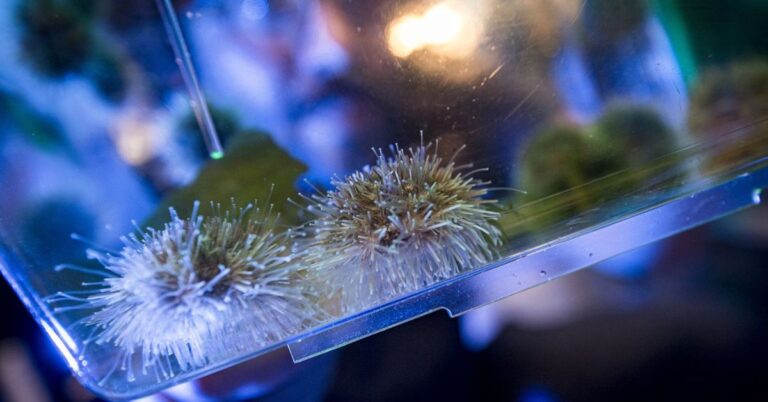Teresa TalleyCoastal Specialist california sea grant And Scripps, and Sarah MesnickNOAA Fisheries Ecologist Southwest Fisheries Science Center and Scripps adjunct faculty will serve as community engagement leaders.
Community engagement activities integrate the center's research with other cutting-edge science and provide resources to the public and other stakeholders. This effort helps ensure that the benefits of consuming seafood outweigh any risks. Community engagement activities may include web-based resources, seafood education events with chefs in demonstration kitchens, and more. Scripps Marine Conservation and Technology Facilities, a partnership with the San Diego area fishing community. Through these collaborations, we aim to deepen our understanding of local seafood and co-create accurate and effective information resources.
“The lack of clear links between many pollutants and human health leaves people confused and unsure about what to look for, what to eat, and reacting to the latest news cycle. “Often, we end up losing money,” Mesnick said. “Our goal is to build and foster lasting partnerships with communities to better understand their needs and barriers to accessing and using seafood sustainability and safety information. ”
“The center's discoveries will further advance our understanding of the mechanisms of how pollutants and micronutrients move, accumulate, and impact marine life and marine food webs.” added Tully, who published a paper examining the contamination. Risk and social vulnerability Relates to recreational shellfish harvest in San Diego Bay. “meanwhile Requires many additional steps To understand how these findings apply to seafood safety and human health, we need to understand how these risks vary by species and how they interact with other compounds, such as nutrients. It will contribute to the larger discussion about the complexity of pollution dynamics, including effects, changes in climate conditions, etc. ”
This NIH and NSF grant marks the reunification of the Scripps Center for Ocean and Human Health. Supported from 2013 to 2018. The center was originally established to investigate emerging contaminants that occur naturally in common seafood and man-made chemicals that accumulate in human breast milk. The revived center will expand human health research at Scripps. Marine Biotechnology and Biomedical Centerwith emphasis on marine drug discovery, marine microbiome, molecular epidemiology, marine cell biology and development, and marine mammal physiology.
For more information about research and education at the University of California, San Diego, please visit:
climate change


